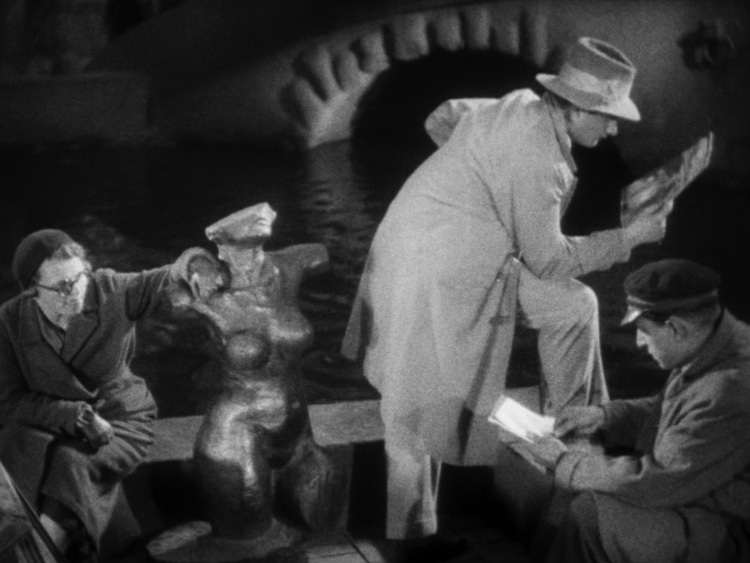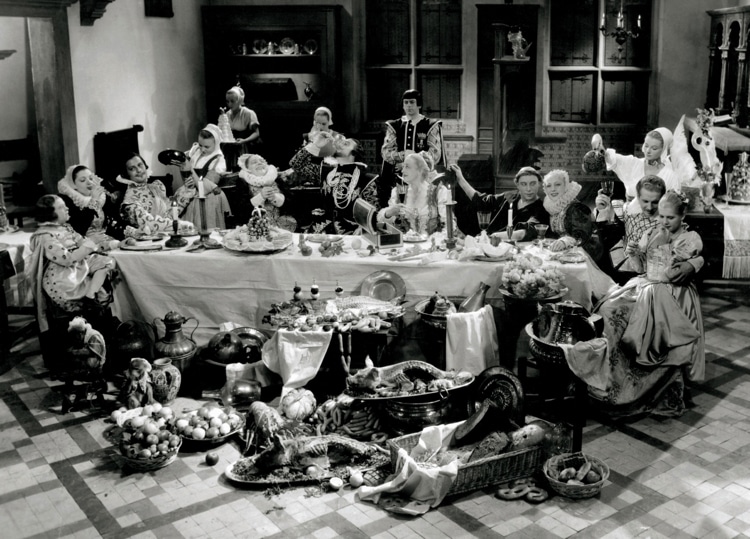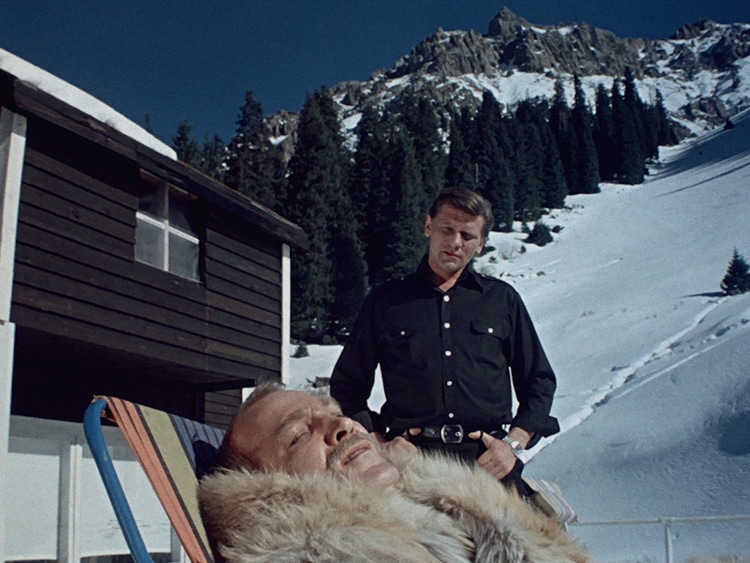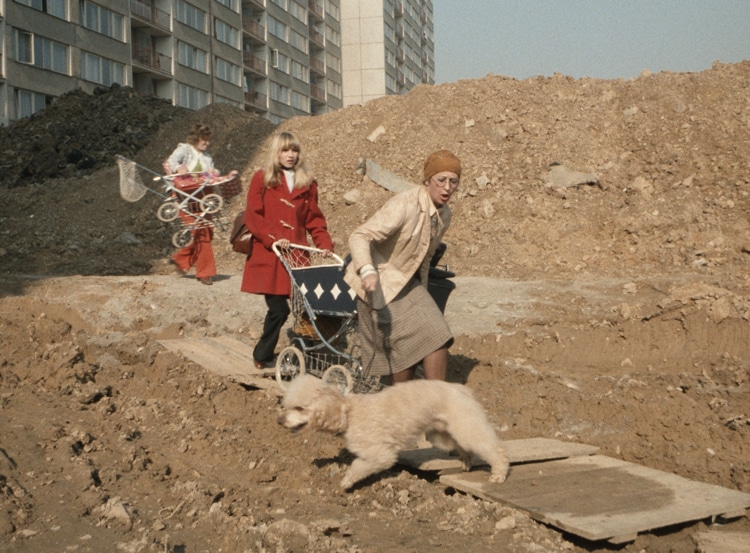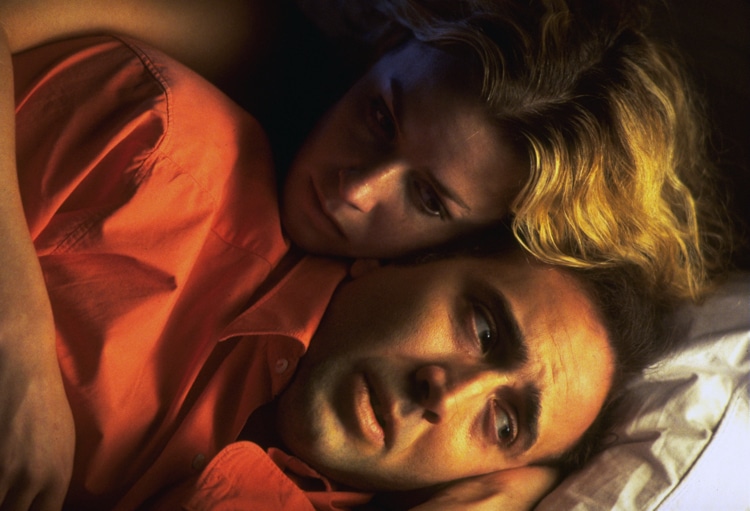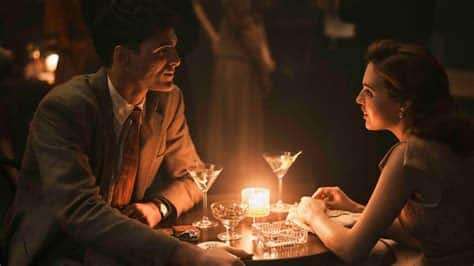Dir/scr: Ruth Beckermann. Austria|Italy. 2026. 97mins
“Spirituality brings us together whereas religion divides us”.
A lion lounging in the sun soon perks up when he sees a man standing by his cage in the opening scene of this informative second documentary from Ruth Beckermann (who also narrates the voice-over). The film owes its title to a metalworking technique that exposes gold once the wax has been removed. Possibly an allusion to digging deep to discover real treasure.
In her second documentary the Austrian filmmaker follows a group of Ethiopians who work in a large international hotel, the Hilton Addis, in Addis Ababa. Surrounded by a shanty town of shambolic buildings, but built back in the late Sixties, it was the initiative of the legendary Ethiopian emperor Haile Selassie ‘the lion of Africa’, who ruled for four decades, from 1930 until 1974, and enjoyed a lavish existence (even his dog had a servant). Banning the slave trade, amongst other things, he was a big moderniser, and much revered by his people who are seen (in archive footage) bowing to the ground when he passes by in an official vehicle.
The African nation enjoys an agreeable climate and great coffee but there often power cuts and other disadvantages, not to mention the country’s current identity crisis and its burgeoning urbanisation. And this is the focus of Beckermann’s reflective look at a place that is like no other in African history, not least from the point of view of this white European, whose take is largely derived from reading Ryszard Kapuschinski’s 1978 work The Emperor (available to peruse on the shelves of Waterstones).
Later she will interview Selassie’s valet, and discover his employer was greatly revered by the Rastafarians’ on a visit to Jamaica. All this is interleaved by more archive footage of the Selassie era.
Beckmann and her crew move around the place taking a curious often picaresque interest in the smiling staff, and guests who are treated with utmost courtesy and respect. Yasser Bagersh, one of the country’s new elite, comes across as suave and debonair as he talks of his communications business and background. Despite all the new money, that seems to be coming from Chinese investors, poverty still lurks in the streets and amongst the ordinary citizens. We are left with more questions than answers about this appealing but enigmatic African nation.
BERLINALE 2026 |

